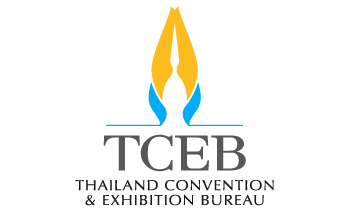
SUSTAINABILITY
Challenges and Solutions for Sustainability in Thailand's Hospitality Sector
Thailand's hospitality industry, a cornerstone of its thriving tourism and Business Event sectors, faces mounting challenges in embracing sustainability. Despite increasing global awareness, the path to sustainable practices in Thailand's hospitality sector remains fraught with obstacles.
One primary issue is the lack of awareness and education about sustainability among stakeholders. Many businesses prioritize immediate profits over long-term environmental benefits, leading to a reluctance to adopt green practices. Furthermore, there is often insufficient access to affordable sustainable solutions. Small and medium-sized enterprises (SMEs) struggle with the high upfront costs of renewable energy, waste management systems, and eco-friendly construction materials.
Another significant hurdle is the inefficient waste management system prevalent in many parts of Thailand. The tourism boom exacerbates waste generation, overwhelming local infrastructure. Similarly, the overuse of natural resources, such as water and energy, in luxury resorts and hotels contributes to ecological strain.
The lack of regulatory enforcement also hampers progress. While Thailand has introduced policies encouraging green practices, inadequate monitoring and inconsistent enforcement undermine their effectiveness. Additionally, there is often limited collaboration between stakeholders, including the government, private sector, and local communities.
Steps to Overcome the Challenges
- Education and Training: Implementing comprehensive sustainability training for hospitality staff and management can foster a culture of environmental responsibility.
- Financial Incentives: Offering subsidies, tax breaks, or low-interest loans can encourage businesses to invest in sustainable technologies.
- Strengthening Regulations: Enforcing existing environmental laws and introducing stricter penalties for non-compliance can drive adoption.
- Community Collaboration: Encouraging partnerships between hotels, local authorities, and NGOs can improve resource management and waste reduction efforts.
- Promoting Certification Programs: Recognizing businesses that meet sustainability standards with eco-certifications can incentivize wider participation.
By addressing these challenges through collective action and strategic initiatives, Thailand's hospitality sector can align with global sustainability goals and ensure long-term growth.




